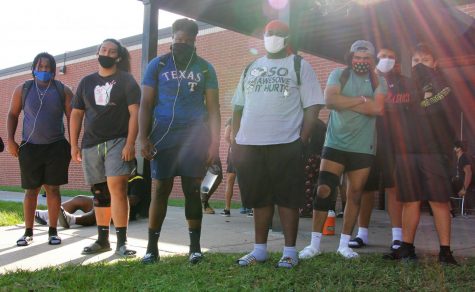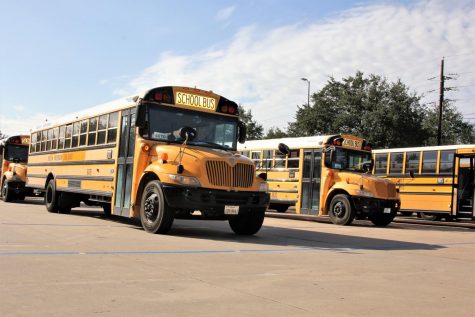The greater impact of legacies
People believe that the idea of legacies creates an unfair advantage when it comes to admission. With two months left to go, seniors at Westside either know where they are going or are hearing back from college admissions. Many argue that low-income students face many more obstacles to earning a college degree. It is known that universities make preferential admissions decisions for relatives of alumni. Another name for this is legacy admissions, and usually, it’s not consistent with the commitment to fairness. Public universities have a public purpose, including serving students of all backgrounds.
Recently with the alleged college admissions cheating scam, people are worried that their spots are being taken by students who actually don’t deserve it. But the scandal only brought attention to a major problem that has been happening for years. Loughlin and Giannulli are among a list of 50 people who have been indicted as part of an alleged nationwide scheme. Numerous wealthy parents, celebrities, and college prep coaches do whatever it takes to get rich students into Ivy League schools, regardless of their credentials. Everyone notices that the children of big donors seem to get an almost automatic admission. What people also need to understand are the greater impacts that legacies have on universities. Alumni are often public universities’ strongest advocates, they can explain truly how their lives have been changed by the experiences they had on campus. Graduates’ support and loyalty help the universities convey it’s value to the community and public when recruiting undergraduates.

Some Westside students are concerned that their denial into a certain university would be because they aren’t a “legacy.” However, what many don’t know is that some of the top universities no longer consider legacy when evaluating applicants. Universities can have “strong ties” with their alumni without providing the preferential treatment for legacies in their admissions decisions. Students need to understand that they are cracking down on the unfair admissions process. Admissions are looking for diversity in students rather than legacies of previous graduates. For me, getting accepted to the University of Oklahoma is most likely because I am an out of state minority student who has high grades and takes advanced classes. However, being a student from Texas, out-of-state tuition is high. For the University of Oklahoma, the want for legacy students is high. Important enough for them to offer a one-time, $1,000 award to all admissible non-residents whose parent or grandparent graduated from OU. My mother went to the University of Oklahoma back in. On top of that, the alumni have access to the “one time use” application waiver, allowing the apply undergraduate to apply for free, surpassing the $40 application fee.

Lili Sullivan is a senior and this is her second year on Newspaper! She is also a four-year member of the school cheerleading team and is involved in WEGA....






















If you want a picture to show with your comment, go get a gravatar.